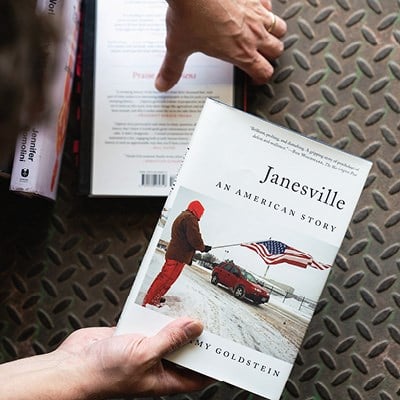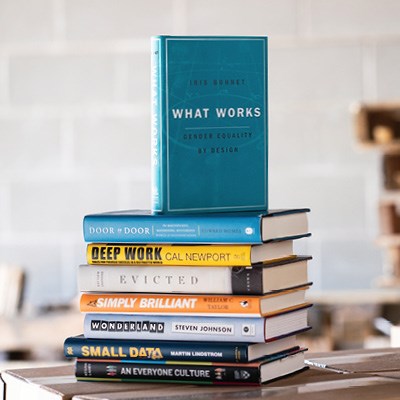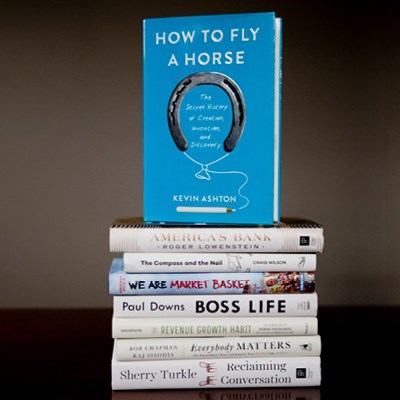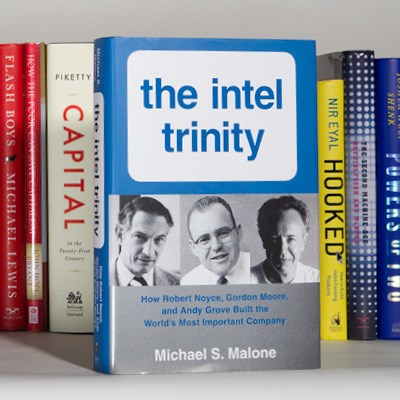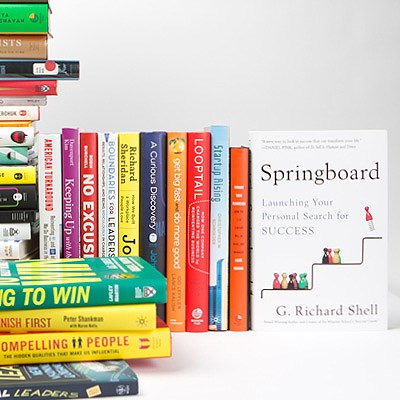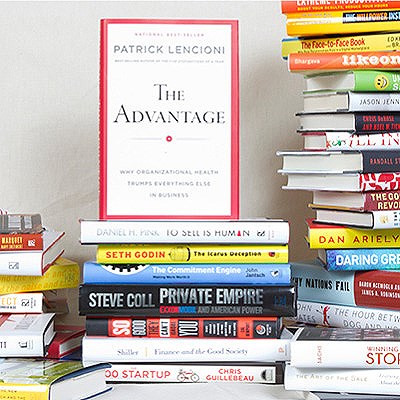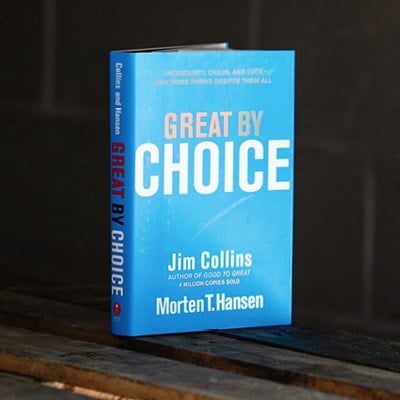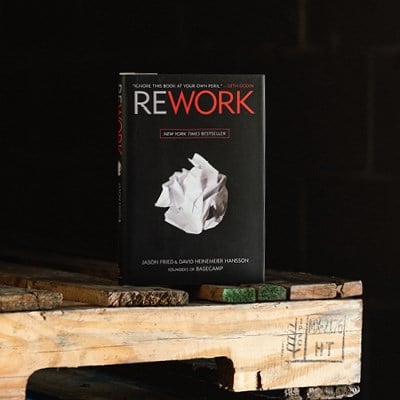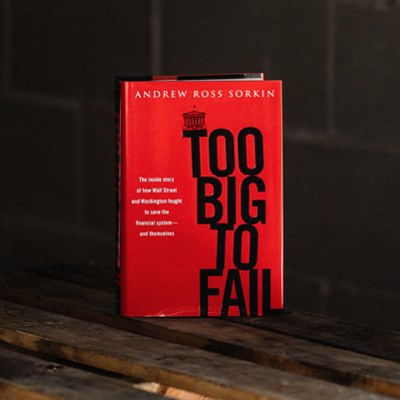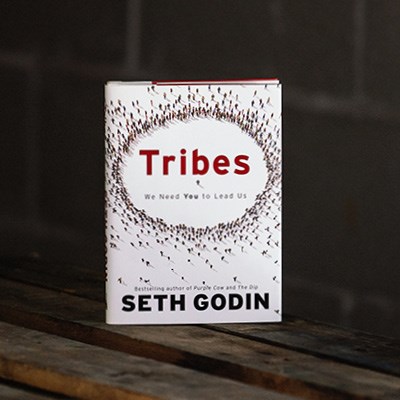The 2019 Business Book Awards
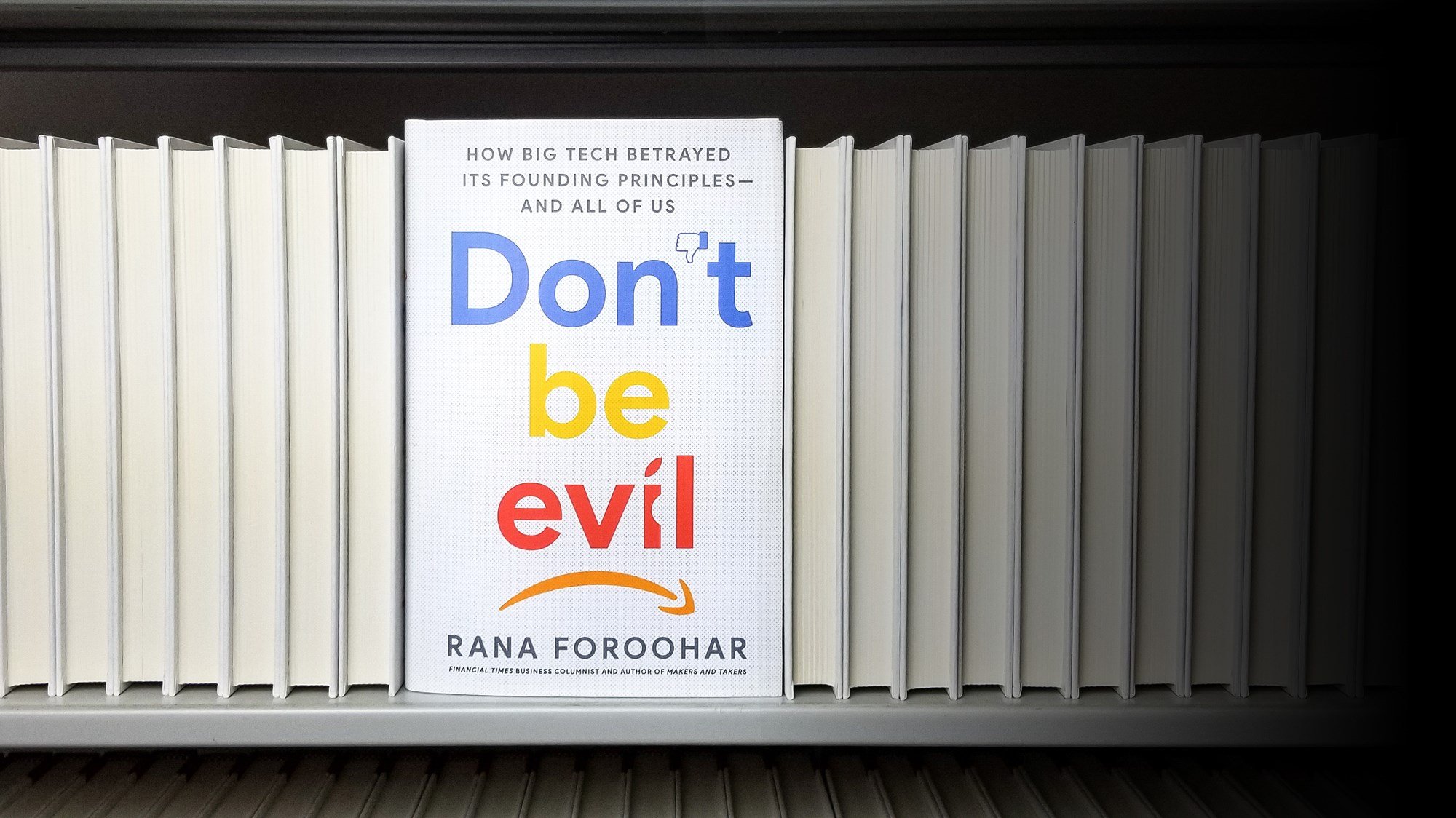
Business Book of the Year
Don't Be Evil: How Big Tech Betrayed Its Founding Principles–And All of Us by Rana Foroohar | Currency
That the best book of 2019 came out of the Current Events and Public Affairs category should be no surprise. There are many important and exigent discussions we need to have in the business world and as a society—about the health of individuals, organizations, and our overall economy, about the rise of economic inequality and decline in innovation, about the credibility of the information we receive and the durability of our democratic institutions—and all of them are tied in a big way to the rise of Big Tech.
There are many books that covered these developments this year, but Rana Foroohar’s examination of the industry and its effects on our world is the most well rounded, all-encompassing, and even handed of them, which is why we’ve named it the Porchlight Business Book of the Year. For many years, the mantra echoing from Silicon Valley has been one of disruption. And disrupt they have, as Rana Foroohar’s Don’t Be Evil well explores. With some of the finest business reporting and writing of the year, this year’s Porchlight Business Book Award winner thoroughly documents the results of that disruption, making it essential reading for those who wish to understand both the daily news and its broader implications.
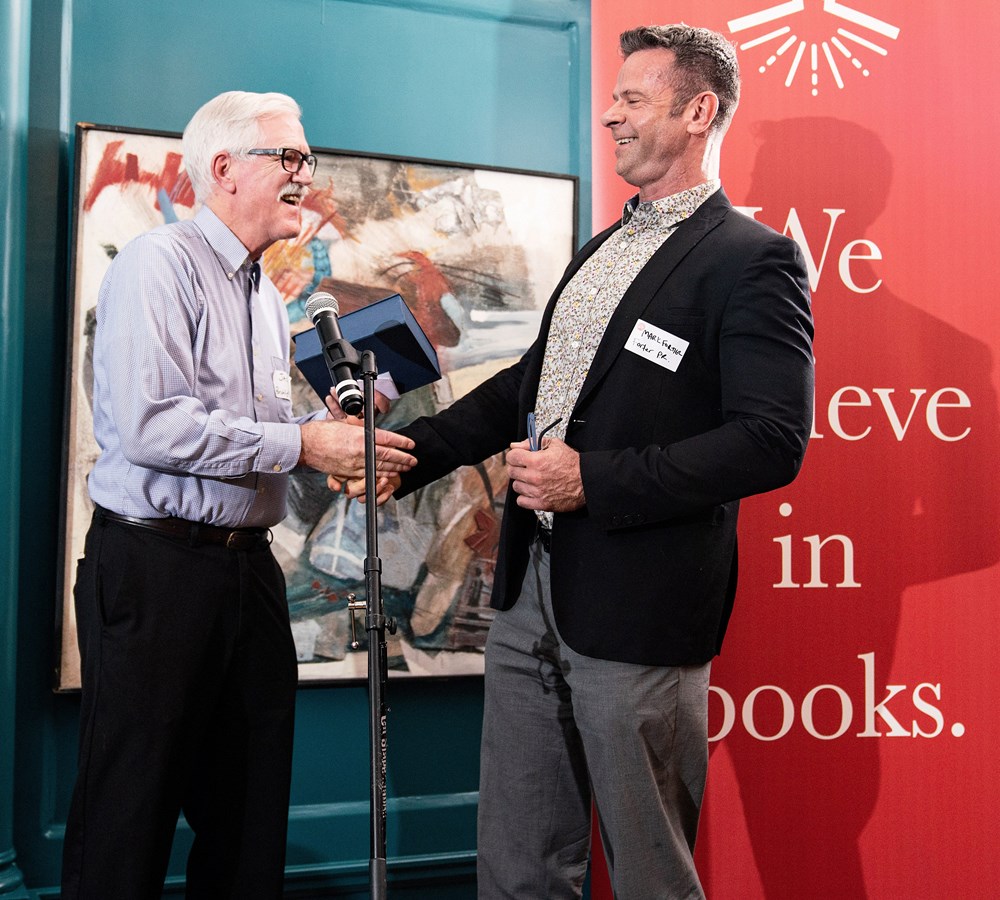
Winner
Jack Covert Award for Contribution to the Business Book Industry
Mark Fortier, President of Fortier Public Relations
Upon choosing Fortier for his eponymous award, Covert said, “Always impeccably prepared from the day I first met him well over twenty years ago when he was working in the offices of a New York City PR firm, Mark Fortier moved on to start his own company and built one of the premier public relations firms in our industry. His success stems from the human relationships and connections he forms and the hard work he puts into publicizing the best books in the genre year in and year out.”
Mark Fortier is the President of Fortier Public Relations, which he founded in 2007. A graduate of Wesleyan University, Fortier started his career in publishing with stints at George Braziller, Penguin, and Columbia University Press, before moving to Goldberg McDuffie where he worked for nine years. He has worked with almost every major publisher and many of the world’s best known CEOs, promoting books authored by 32 of the Thinkers50 list and nonprofit organizations like the National Endowment for the Arts, the Library of America, and the Andrew Mellon Foundation. Fortier’s work has been recognized by Newsday, The New York Post, Publishers Weekly, Book Publishing Report, and PRWeek.
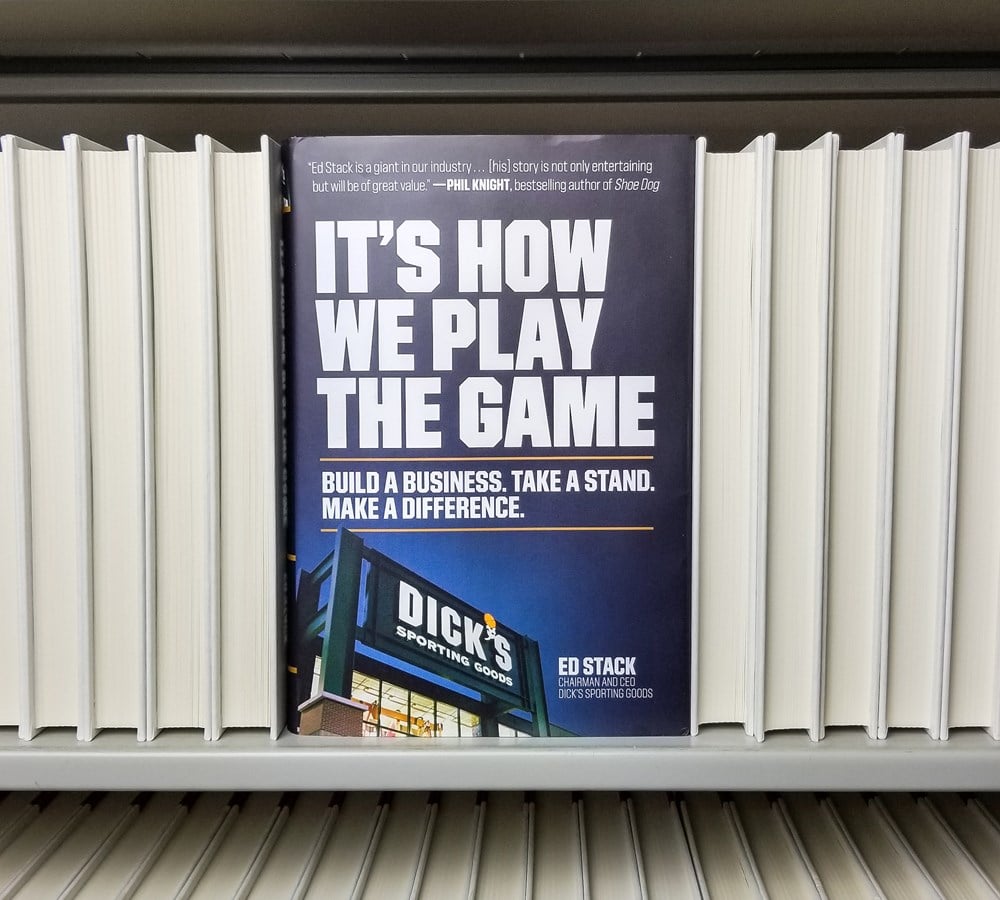
Category Winner
Leadership & Strategy
It's How We Play the Game: Build a Business. Take a Stand. Make a Difference. by Ed Stack | Scribner
Ed Stack’s book is the literal application of Sinek’s theory. (#seetitle: It’s How We Play the Game.) Stack grew the company his entrepreneurial father started from a mere $300 from his mother’s cookie jar stash into a sports store behemoth that takes its civic duties as seriously as its business successes, focusing on supporting youth sports, especially in urban areas, to enrich young people’s lives, but also leveraging their market share to influence gun reform to save young people’s lives.
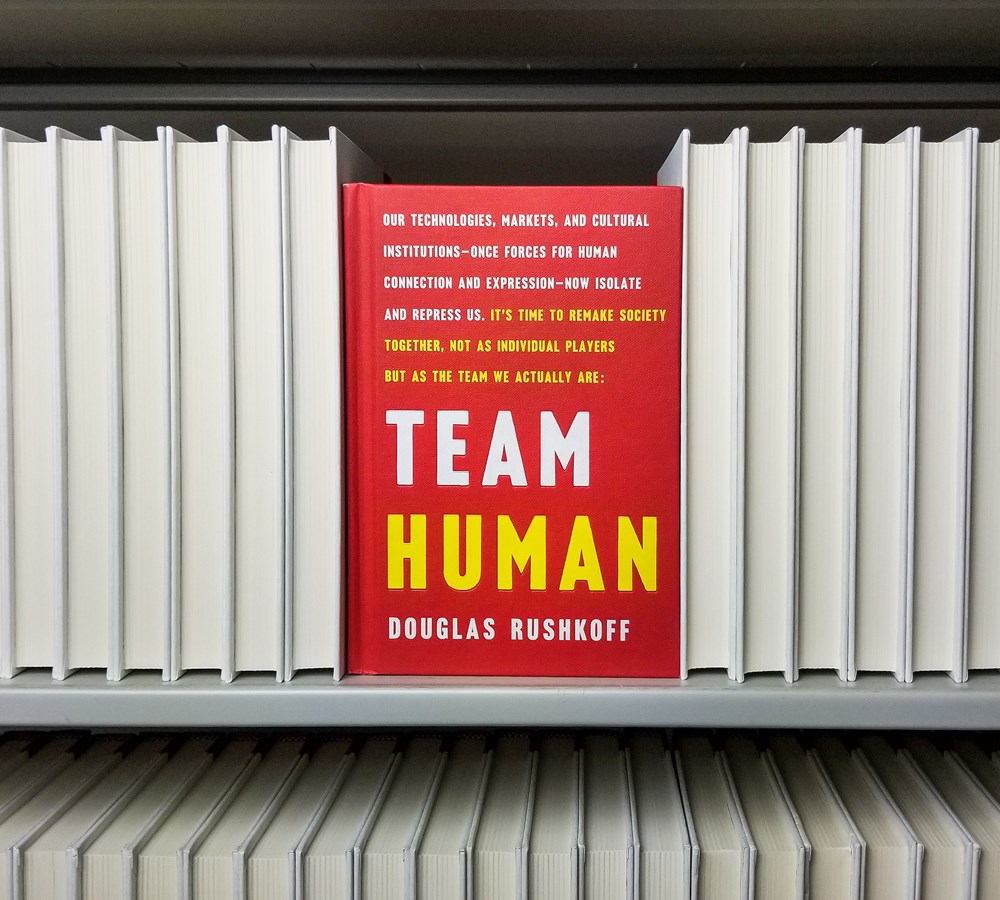
Category Winner
Management & Workplace Culture
Team Human by Douglas Rushkoff | W.W. Norton & Company
For nearly as long as the Internet has existed, there has been plenty of public writing critical of the dehumanizing evils of the technology, and more recently, of portable devices and social media. We are warned of how our brains are changed by the quick click culture of life online, how isolated we are becoming from one another IRL, how vulnerable to the marketing and messaging we are. Team Human is no different, but instead of simply tacking up a sign declaring “Use with Caution!” replete with a menacing skull and crossbones and then counting on us to use our best judgement to proceed blindly through our digital future as so many critics do, media theorist Douglas Rushkoff leads us away from danger toward a more satisfying and safe relationship with technology, a cooperative one that celebrates humanity and encourages us to stay connected—not to the Internet, but to each other. Being human, Rushkoff believes, isn’t an illness to be eradicated, but instead a singular gift that should be fed rather than starved.
“Art, at its best, mines the paradoxes that make humans human. It celebrates our ability to embrace ambiguity, to experience this sustained, unresolved state as pleasurable, or at least significant.”
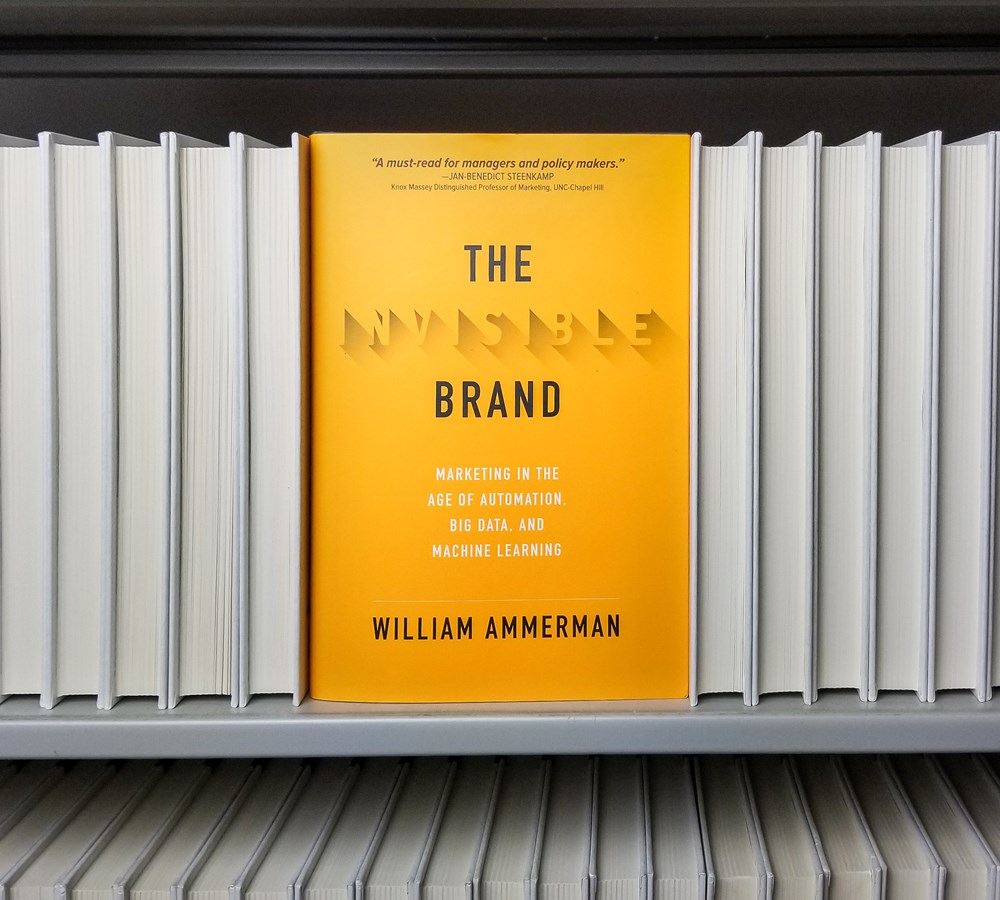
Category Winner
Marketing & Sales
The Invisible Brand: Marketing in the Age of Automation, Big Data, and Machine Learning by William Ammerman | McGraw-Hill Education
Alexa, Siri, smartwatches, and phones. They have become staples in our everyday life, all collecting data while we live our lives mostly unaware of how the little machines working away under our noses influence us. The data collected is fed into algorithms that tell companies what we are drawn to and will most likely buy if seen again. Ammerman’s Invisible Brand shows us into this world of AI, which is developing faster than we may have expected, especially when it comes to marketing.
“It will soon be easier for a robot to recognize a human than for a human to recognize a robot.”
This book was not only filled with helpful information to assist with companies’ marketing strategies, but is also a massage on the brain, gathering information and facts about data, AI and how and why the world around us has changed so fast. With that change comes changes in the way we do things, like developing and consuming marketing messages.
“We’ve gone from delivering the same message to everyone at the same time through mass communications, to technology that can deliver different messages to every individual, on demand, through mass customization.”
Not only is this a guide to marketing for the modern business, it is also a guide for the consumer to be aware of the invisible brands operating around us and how they can influence you in your daily life.
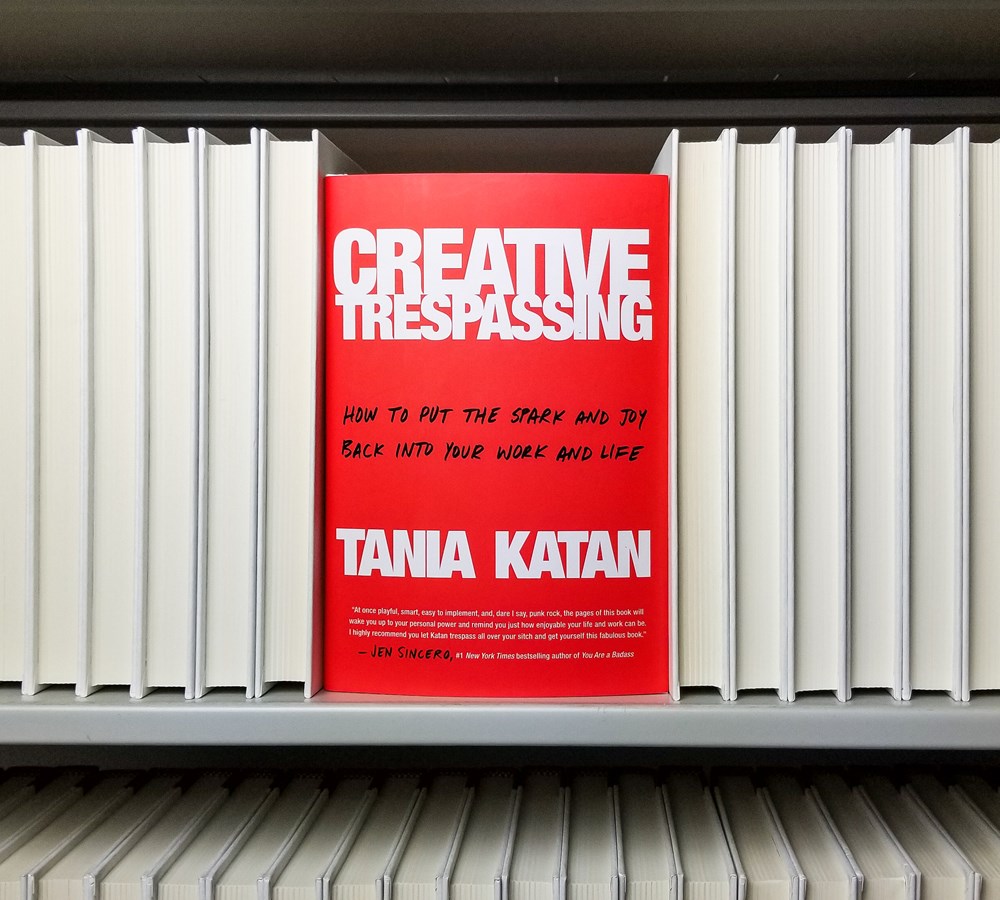
Category Winner
Creativity & Innovation
Creative Trespassing: How to Put the Spark and Joy Back Into Your Work and Life by Tania Katan | Currency
Creativity and innovation are highly sought after skills in all types of businesses, but do the people who possess those skills feel accepted for who they are in those sometimes conservative spaces? Tania Katan is a blazing sparkler of energy who exudes positivity and a desire to ease those fears of alienation. Katan is familiar with the desire to fit in, and she turns difficulties like her parents' divorce, breast cancer diagnosis, and coming out, into catalysts that empowered her to embrace her creativity. “This book will give you the tools to infuse imagination even in the darkest places, and to reconnect with your inspiration even when it seems like the last thing on your to-do list.” Katan reminds us that great/crazy/innovative idea-makers are more than just their ideas. They are humans with flaws and “once we begin to celebrate the things that make us stand out, we can all truly shine.” Whether it be as a grocery store bagger or an evangelist for a software company, Katan has found ways to simultaneously learn new skills and creatively thrive at “regular” jobs, and she reminds us that we have a choice and a voice in our work as much as in our lives. Moreover, she demonstrates how applying creativity is a humanizing experience for everyone involved. In one example, she shares how fun behind-the-scenes videos of her coworkers at an art museum went viral: “My original goal had been to break down the walls of my little cubicle to let creativity in, but in the end we actually ended up breaking down the walls of the entire museum and inviting the world in! Reading the many stories and exercises detailed in Creative Trespassing will help you gain the confidence to embrace your creativity, and bring to work what your business didn’t even know it needed.
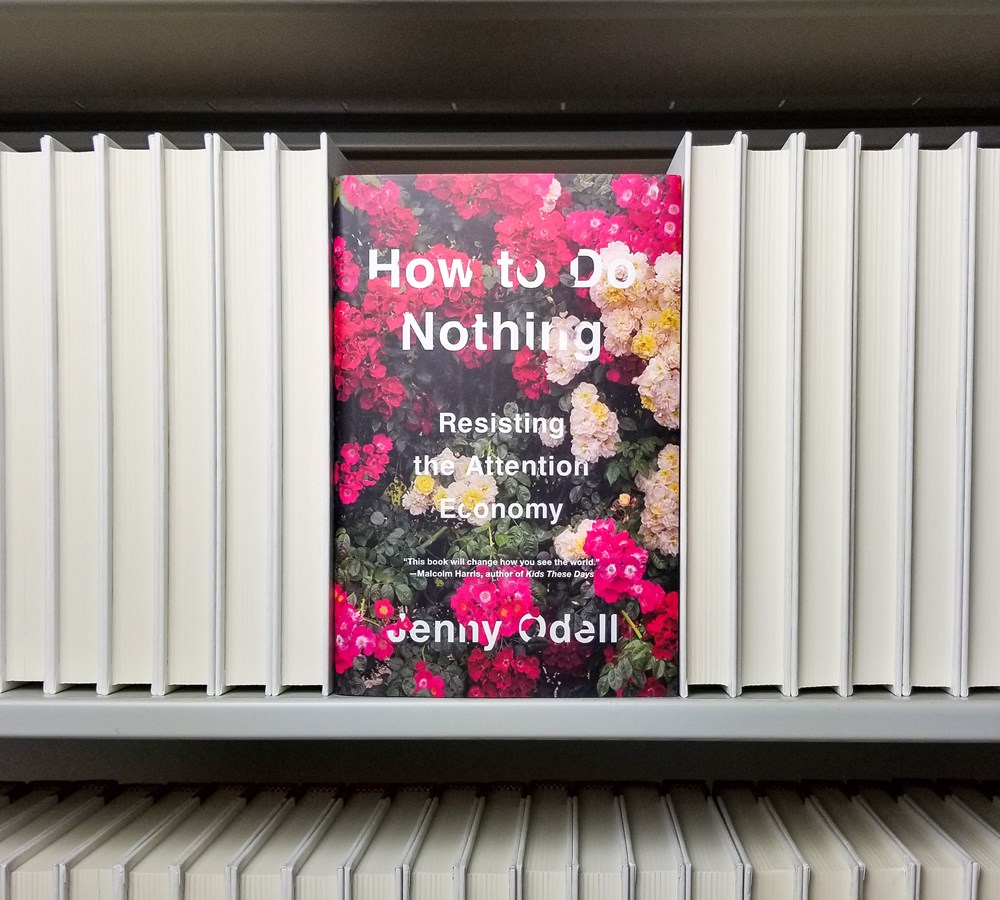
Category Winner
Personal Development & Human Behavior
How to Do Nothing: Resisting the Attention Economy by Jenny Odell | Melville House
It seems like most of our days are spent in a permanently reactive stance—responding to emails and texts, pings, pokes, and prods. Being “responsive” is the ultimate compliment; it is synonymous with being productive and valuable. It is is how we prove our worth to our employers, and thus society at large. But what if we refused to return those balls that are lobbed at us all day long? What if we “did nothing” in terms of the capitalist framework we live within? Artist and Stanford University professor Jenny Odell wrestles beautifully with this question in How to Do Nothing, her richly layered discussion of technological disruption, notions of productivity, and civic engagement. How can we connect more deeply with each other? How can we work together for societal change? Life-changing and community-changing work requires deep, unbroken attention, and so we must develop a new relationship with the digital tools designed to continuously and systematically disrupt that focus. Our attention is a gift. Our attention is what knits us to those around us. Odell’s book is based on “a refusal to believe that the present time and place, and the people who are here with us, are somehow not enough,” and will help you pay attention to what really matters.
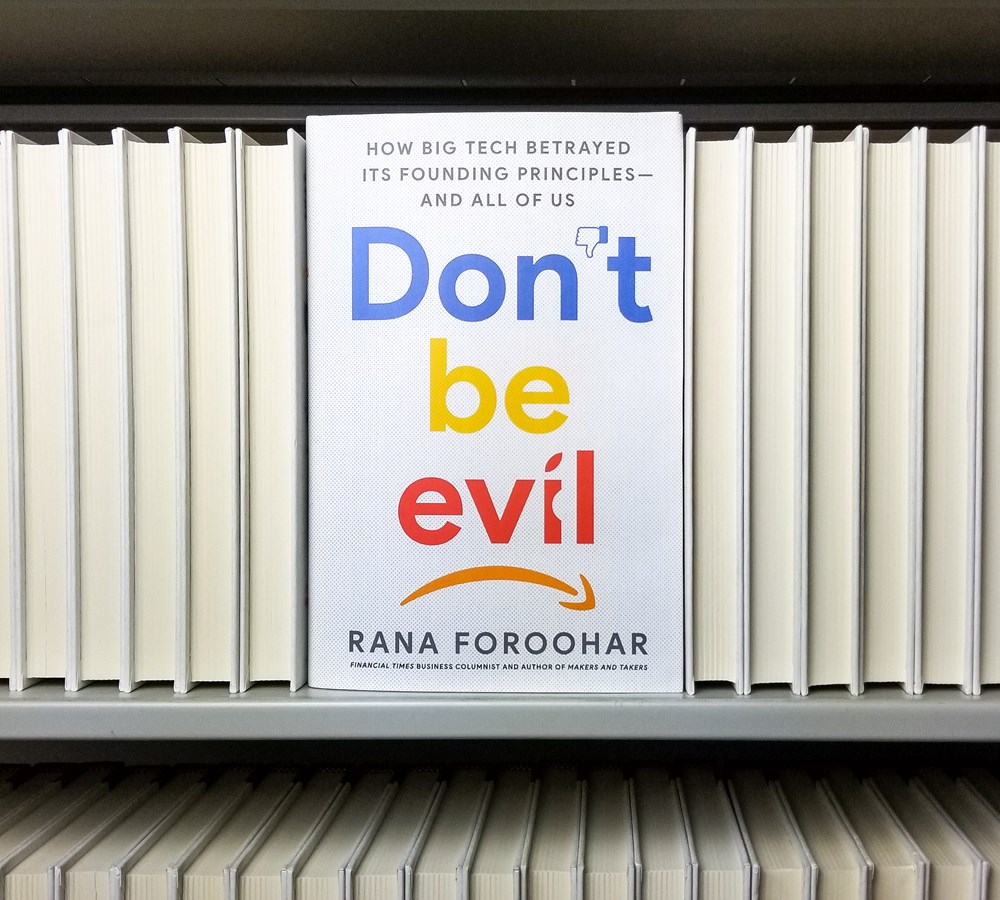
Category Winner
Current Events
Don’t Be Evil: How Big Tech Betrayed Its Founding Principles—and All of Us by Rana Foroohar | Currency
Silicon Valley has always painted its intentions in a utopian hue: to connect humanity, democratize access to information, to disrupt an old order of entrenched power and usher in a new, more equitable and innovative age. But, as global business columnist and associate editor at the Financial Times Rana Foroohar lays out in her new book, “the supposedly decentralized Internet economy has spawned a handful of ruthless oligopolies that have begun to use their power to undermine start-up growth, job creation, and labor markets.”
Their disruption of labor markets and local economies has created an even greater need for government investment to help lift up those left behind, investment that is dependent on tax revenue that Big Tech firms now actively avoid. Big Tech is also introducing systemic finaincial risk by essentially acting like a bank while be free of the regulations and transparency that guide such institutions. And, of course, there are issues of personal privacy, internet addiction, monopoly power, the undermining of innovation and competitive free markets, and the survival of our very democracy swirling around it all. But Foroohar doesn’t just point out the many transgressions coming out of Silicon Valley and the challenges they pose to us as a society, she also offers solutions, from a “national commission on the future of data and digital technology” to a digital New Deal to ensure employment and “remake the real economy for the digital age.”
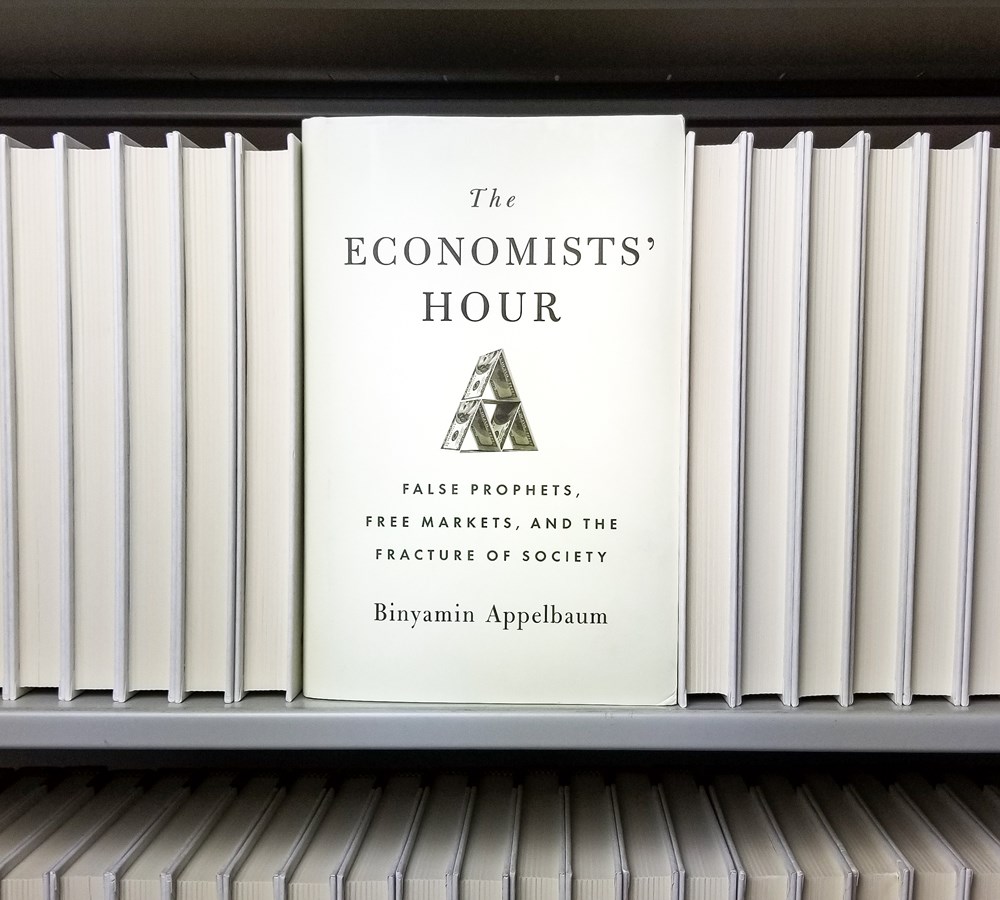
Category Winner
Narrative & Biography
The Economists' Hour: False Prophets, Free Markets, and the Fracture of Society by Binyamin Appelbaum | Little, Brown and Company
The title of this nuanced and comprehensive examination of the outsized role economists have played in setting contemporary policy in the United States (monetary and otherwise) comes from their rise in stature in the four decades between 1969 and 2008. Appelbaum’s lucid study is at once journalistic and narrative, deeply researched and richly detailed. If the practitioners of the so-called ‘dismal science’ were perceived in the Forties to be Quonset hut-dwelling peripheral eggheads, by the Seventies they were central to the choices America’s leaders made about what our society values. It is in that history that we see the transition from the classic New Deal conviction that the government has an essential role in investing in what makes citizens’ lives better—including infrastructure, education, and a robust social safety net—to the full-throated rejection of non-military federal spending in favor of faith that unfettered markets will provide. And provide they have—for those already well-provided for. Indeed, Appelbaum argues that in privileging shareholder capitalism (the approach that came to be most closely associated with Milton Friedman), the cost is not only Gilded Age levels of income inequality, but the instability of liberal democracy itself. Approachable and important, The Economists’ Hour is a book that illustrates the story of just how we got to the end of the “economists’ hour” in 2008 and find ourselves where we are economically in 2019—and why it matters.
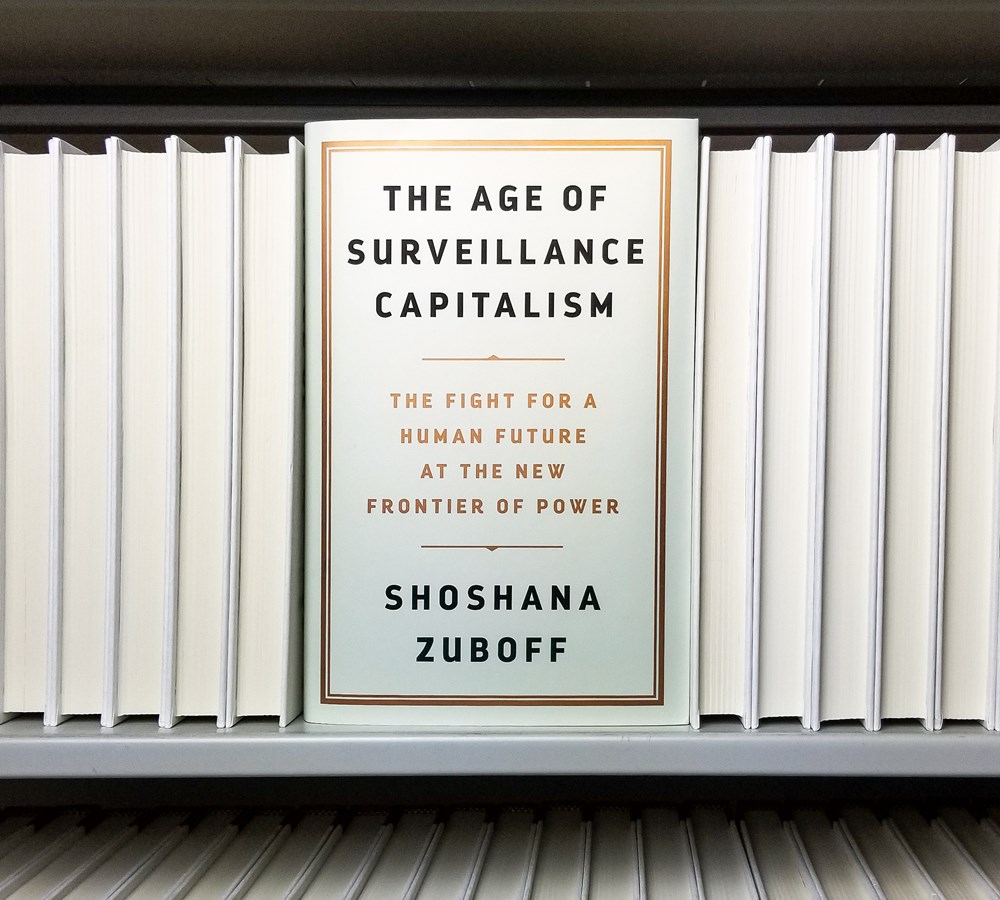
Category Winner
































